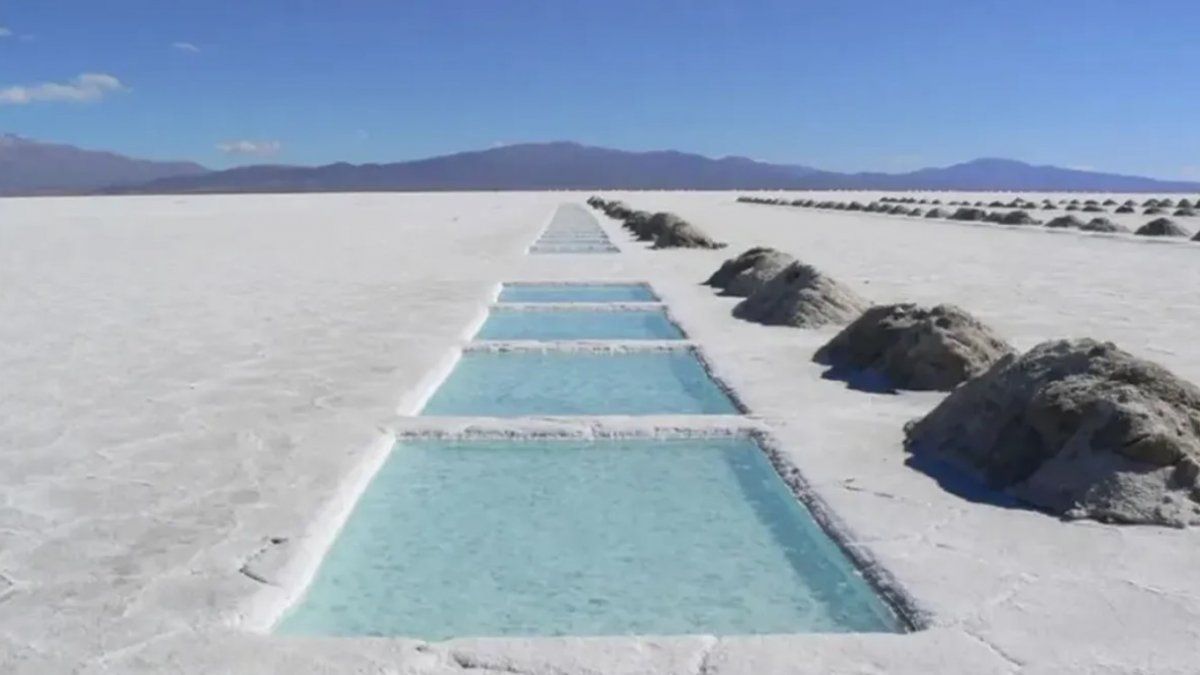As this newspaper was able to find out, the President’s words refer to the work with the provincial governments, after there was a short circuit with some efforts that the Foreign Ministry had started with Chile and Bolivia. Currently, all ideas are discussed at the Lithium Table, where the governors of Jujuy, Salta and Catamarca are present, and the national government, through the Ministry of Mining (responds to Economy, that is, Sergio Massa) and the Secretariat for Strategic Affairs (depends on Casa Rosada).
value added
The “value added” agenda will include several measures. On the supply side of lithium, guarantee that there is an internal market for industrialization, and for that there will be a quota that will start at 5% of production, and could rise to 20% in the event that productive demand increases throughout the years. It could be through a bill that is sent to Congress.
On the other hand, for there to be demand from the industry, two measures are being worked on. The State will seek to intercede in the production of cells and batteries, through the state company Y-TEC, chaired by Roberto Salvarezzaand that depends on YPF.
Between April and May will be the inauguration of the plant, located in Berisso, in conjunction with the University of La Plata. Thus, next month the first cells manufactured in Argentina could be ready. Although this was scheduled to happen last December, there were delays with the provision of inputs, according to official statements. The current process being carried out is the completion of clean rooms, Salvarezza reported.
With this plant they will seek to produce batteries for some 2,000 homes, either for solar panels to store energy, or for 400 electric vehicles. However, Y-TEC is already working on another similar plant, five times larger, which will be in Catamarca. There they plan to manufacture cells for electric mobility, be it bicycles, motorcycles, buses or buses.
At the moment, the demand for electromobility is incipient in Argentina. And for that the State will seek that private companies also enter the chain, especially in the case of automotive terminals. For this reason, the Government will send to Congress a new electromobility law, which will replace the one drafted by the Ministry of Productive Development, under the management of Matías Kulfas. Although Congress is currently stuck, a good part of the JxC deputies will abandon the “blockade” (they will maintain the rejection of the judicial projects, but they will prepare to deal with other issues), especially those of the UCR.
The reason why they will modify the electromobility lawas they officially explain, is that the previous one proposed the completion of the combustion engine in a few years, something that will not be possible, given an energy transition process that is expected to be slower, and especially in the case of Argentina, which has the conventional energy in Vaca Muerta.
On the other hand, there could be tax changes in the case of lithium, which will be added to the elimination of export refunds made last month by the Ministry of Economy. The Governor of Jujuy, Gerardo Morales, assured that they are working to increase royalties, which could be transformed into “mobile royalties”, to appropriate the income in line with the price variation or with the added value. In the last two years, the price of lithium climbed more than 400%.
Ámbito consulted what impact these changes could have on the investment decisions of the companies, especially after provinces such as La Rioja interceded in ending the concessions. At the moment there are 2 projects that produce and export, but 6 are under construction, and 20 are under exploration. “Investment is not going to be affected, because there is a huge demand for lithium, electrification in the northern hemisphere and in China is a reality, having the resource, investments are assured,” Salvarezza said on Led radio.
Source: Ambito




